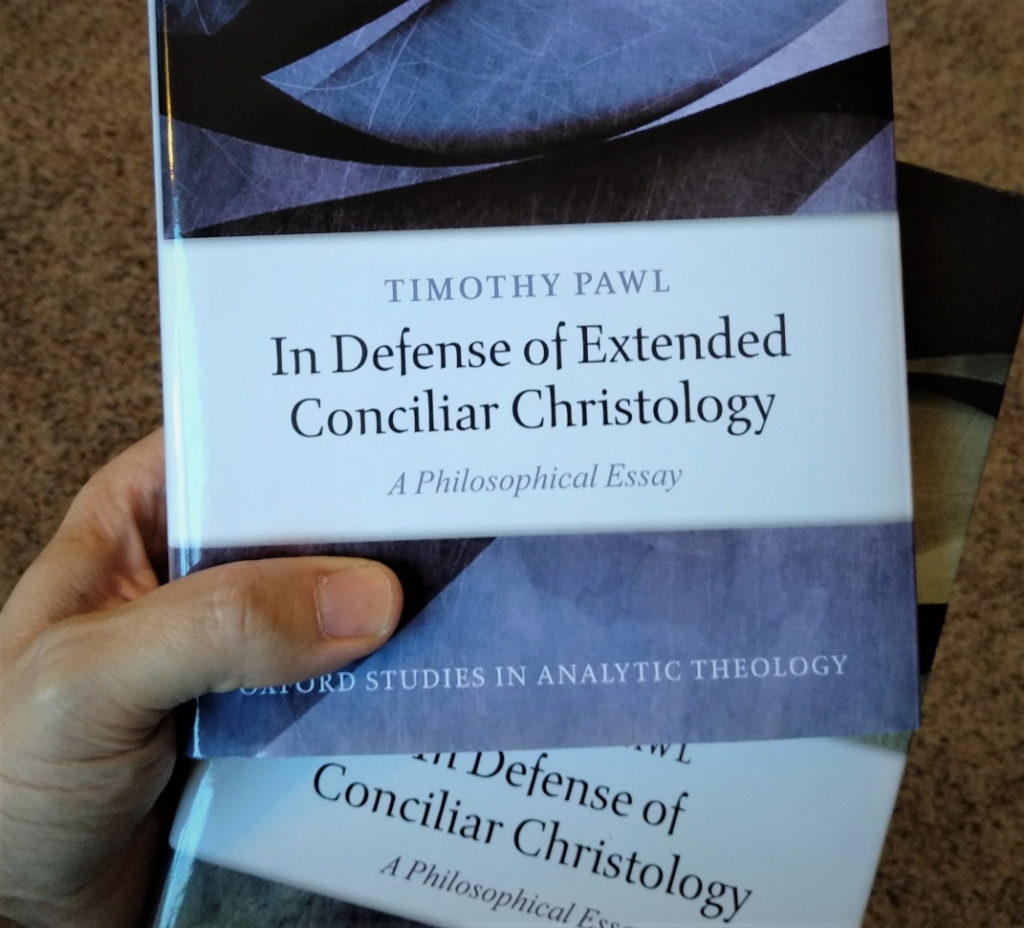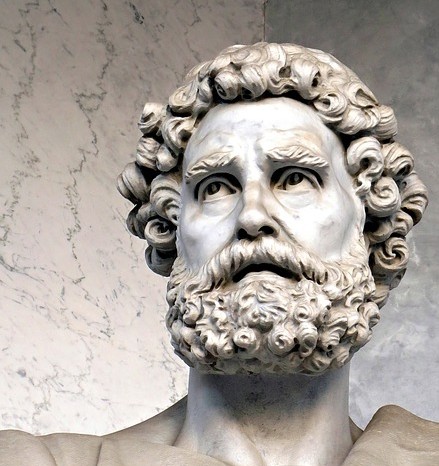Podcast: Play in new window | Download
Subscribe: Spotify | Email | RSS

Dr. Timothy Pawl has written the fullest and most carefully-argued defense of “two natures” christology as defined by the ecumenical councils. Now he’s also written a book-length defense of those core claims plus some related claims which are advocated by many in the catholic traditions, including St. Thomas Aquinas.
In this first part of our conversation we discuss: what it takes to defend the coherence of traditional “conciliar” christology, reactions to his first book, what genre these books are in, my main objection to his defense, the concept of a supposit, the significance of the Definition from the Council of Chalcedon in 451, whether or not the communication of idioms applies to him and his wife (who are “one”), and whether or not I’ve ever thrown one of his books across the room.
Links for this episode:

- Dr. Timothy Pawl
- Interview about Jesus as God at Closer to Truth
- Dr. Faith Pawl
- podcast 143 – Dr. Timothy Pawl’s In Defense of Conciliar Christology – Part 1
- podcast 144 – Dr. Timothy Pawl’s In Defense of Conciliar Christology – Part 2
- podcast 270 – Origen’s “one God”
- This week’s thinking music is “The Bipolar Bear (Live in Concert)” by Papa_Zulu.

Pingback: Ep #67 - Simplicity & Incarnation w/ Dr. Tim Pawl - Classical Theism
I noticed that Tim thought he was answering you but never answered your objection to the viewpoint that the CHN was not a person, since according to the scripture narrative it does what only a person can do. His rehearsed response was that “no person can have/has a person part” but this would only be relevant if one of the many incarnation theories were already established fact, so it assumes as fact what has yet to be proven, IOW, that response assumes incarnationalism- and is arguable (conjoined twins). Your objection was a foundational point that needed answering before assuming incarnationalism. your objection appears to stand, which claimed, IMHO, the human Christ did what only a self/person can do. A counterexample could dis-lodge that claim, if one were found, but obviously Animals, although sentient, are not close. Even if one accepts Tim’s premise, it is a better fit as a premise for dis-proving incarnation theories, since 1)the human Christ did what only a self/person can do 2) the human Christ was a person, not a concrete/abstract nature 3)NO person (divine or human) can have/has a person part 4)therefore the Human Christ was not assumed.
BTW, what is all this talk of a composite divine person with Dual natures? I thought Divine persons were supposedly Simple because they were Divine? Trinitarians still believe Jesus is a Divine person, right? Do incarnationalists have any examples of other existing entities with dual opposing natures? Body/soul dichotomy does not appear to be an example since they would be parts of one nature.
Thanks
Comments are closed.